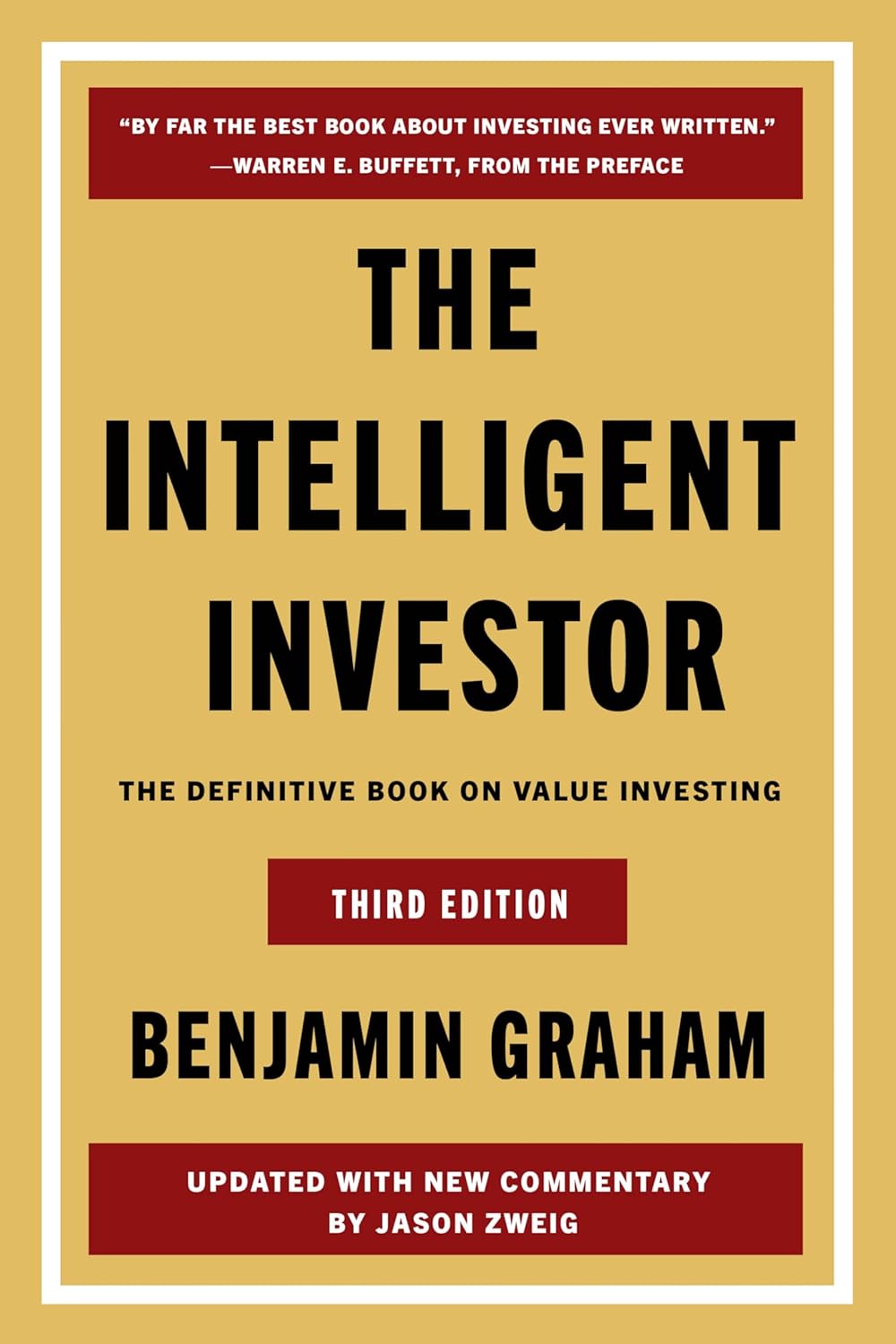Investment vs Speculation
“An investment operation is one which, upon thorough analysis promises safety of principal and an adequate return. Operations not meeting these requirements are speculative.”
– Benjamin Graham (The Intelligent Investor)

Giving his thoughts on Investment versus Speculation in his opening chapter in The Intelligent Investor, Benjamin Graham, the father of value investing, said:
“Outright speculation is neither illegal, immoral, nor (for most people) fattening to the pocketbook. More than that, some speculation is necessary and unavoidable, for in many common-stock situations there are substantial possibilities of both profit and loss, and the risks therein must be assumed by someone. There is intelligent speculation as there is intelligent investing.
“But there are many ways in which speculation may be unintelligent. Of these, the foremost are: (1) speculating when you think you are investing; (2) speculating seriously instead of as a pastime, when you lack proper knowledge and skill for it; and (3) risking more money in speculation than you can afford to lose.”
Benjamin Graham then went on to give a note-worthy conservative view:
“In our conservative view every nonprofessional who operates on margin should recognize that he is ipso facto speculating, and it is his broker’s duty so to advise him. And everyone who buys a so-called “hot” common-stock issue, or makes a purchase in any way similar thereto, is either speculating or gambling.”
For those who want to try their luck at speculating, Benjamin Graham has this piece of advice:
“Speculation is always fascinating, and it can be a lot of fun while you are ahead of the game. If you want to try your luck at it, put aside a portion – the smaller the better – of your capital in a separate fund for this purpose. Never add money to this account just because the market has gone up and profits are rolling in. (That’s the time to think of taking money out of your speculative fund.) Never mingle your speculative and investment operations in the same account, nor in any part of your thinking.”
